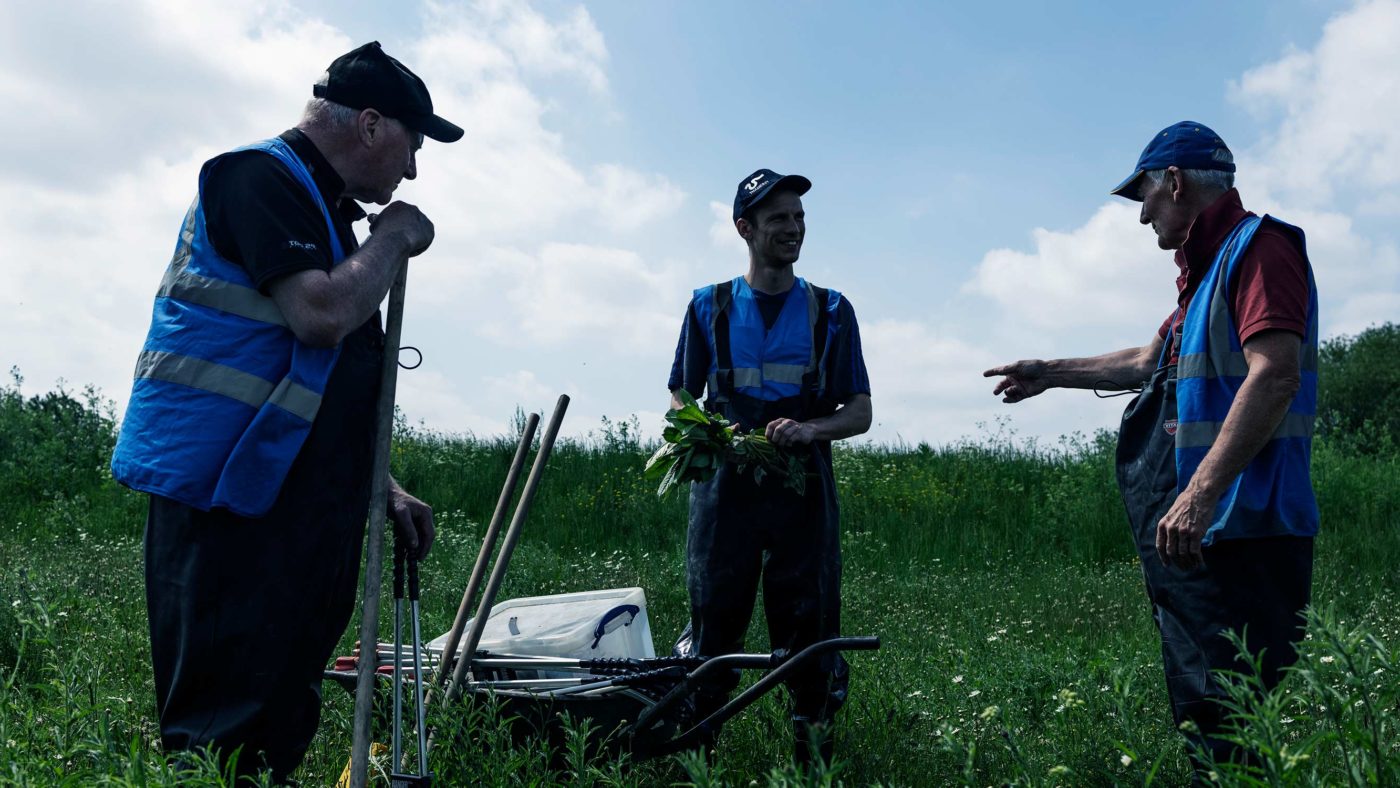‘I’m too knackered to go to the pub, let alone volunteer’. So said a twenty-something man from Barnsley when we asked him why he did not do more for his community. But his response spoke for the rest of the young people in the focus groups Onward commissioned last year. ‘I’m too busy’. ‘Being young, you have no time’. ‘Modern life is not plannable’. Again and again, young people told us they lacked the flexibility to meaningfully engage in community life.
Although the recent Levelling Up White Paper announced a range of initiatives to restore community and belonging, from Community Covenants to more parish councils, none sought to grasp this nettle. As a result, the impact of many of the proposals on civic contribution and voluntary action will be blunted. How can a community lead local regeneration, protect vital local assets, or design a Neighbourhood Plan when no-one has any spare time?
Ministers are aware of this problem. In the excitement of the last couple of weeks, you might have missed the Government’s response to Danny Kruger’s report on levelling up communities. The Department for Digital, Culture, Media and Sport noted that Kruger’s proposed volunteer passporting system ‘would not be a solution to current barriers to volunteering such as work commitments, caring commitments and people doing other things in their spare time’.
Helping people to give back is crucial for delivering on levelling up and empowering communities to restitch their social fabric. As Onward’s Social Fabric Index, which was cited in the White Paper, shows, places with stronger civic engagement tend to be more prosperous, happier, and less vulnerable to economic shocks. And the flipside is also true: those places with weak social capital are most in need of levelling up economically.
Despite this, the White Paper had very little to say about helping people to volunteer. The only measures announced were an extension to National Citizen Service, a commitment to ensure state school can access the Duke of Edinburgh’s Award Scheme, and £4m for the #iwill fund to create more opportunities for young people to volunteer. All welcome initiatives, but not enough to create the revolution in community engagement needed to deliver on levelling up.
The lack of ambition on volunteering is made more disappointing by the wealth of ideas readily available. Danny Kruger’s report made the case for a National Volunteer Reserve to help people find environmental projects in their community, from tree planting to clearing watercourses. The Environmental Audit Committee have proposed a ‘biosecurity citizens army’ of volunteers trained to spot invasive species. And Onward’s own proposals include every young person being given the legal right to take 10 days off work or study for voluntary activity each year.
Of course, big ideas often come with big price tags attached. But this makes it all the more surprising that the White Paper was so silent in another area, one capable of raising greater funding to support ambitious ideas: charitable giving.
With nearly two-thirds of those Brits earning over more than £250,000 a year telling HMRC they give nothing to charity, it is clear that more can be done to get the rich to contribute. And yet the White Paper missed the opportunity to set out proposals for turbocharging charitable giving and directing philanthropy towards left-behind communities. Again, this is despite a range of concrete ideas, from Danny Kruger’s civic crowdfunding recommendation to Onward’s proposal for Charitable Enterprise Zones. Instead, in the 300-page document, charities were mentioned just four times – as many references as the ancient civilisation of Jericho.
None of this is to say that the Levelling Up White Paper is not a step in the right direction, firing the starting gun on a regeneration revolution. And ministers have separately committed to exploring a number of Danny Kruger’s proposals in greater detail, from Community Improvement Districts to a ‘match trade’ scheme for social enterprises.
But far more needs to be done to give young people like the twenty-somethings we met in Barnsley the opportunity to give back to their community. And greater action to drive up philanthropic giving in order to fund opportunities for people to contribute their time is also key. Without action in both of these areas, the levelling up agenda risks failing to deliver the revolutionary reset in our economy and society that we need.
Click here to subscribe to our daily briefing – the best pieces from CapX and across the web.
CapX depends on the generosity of its readers. If you value what we do, please consider making a donation.


